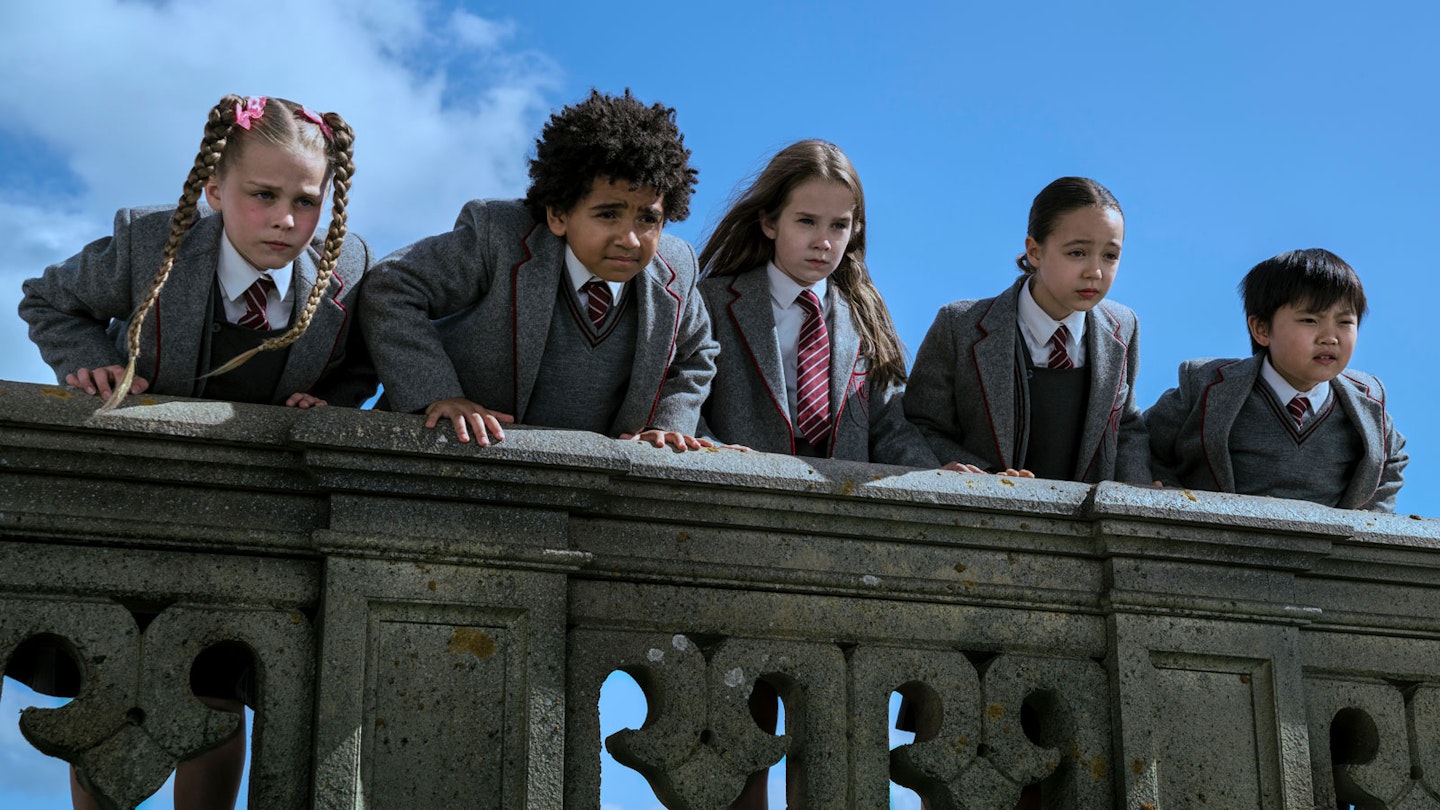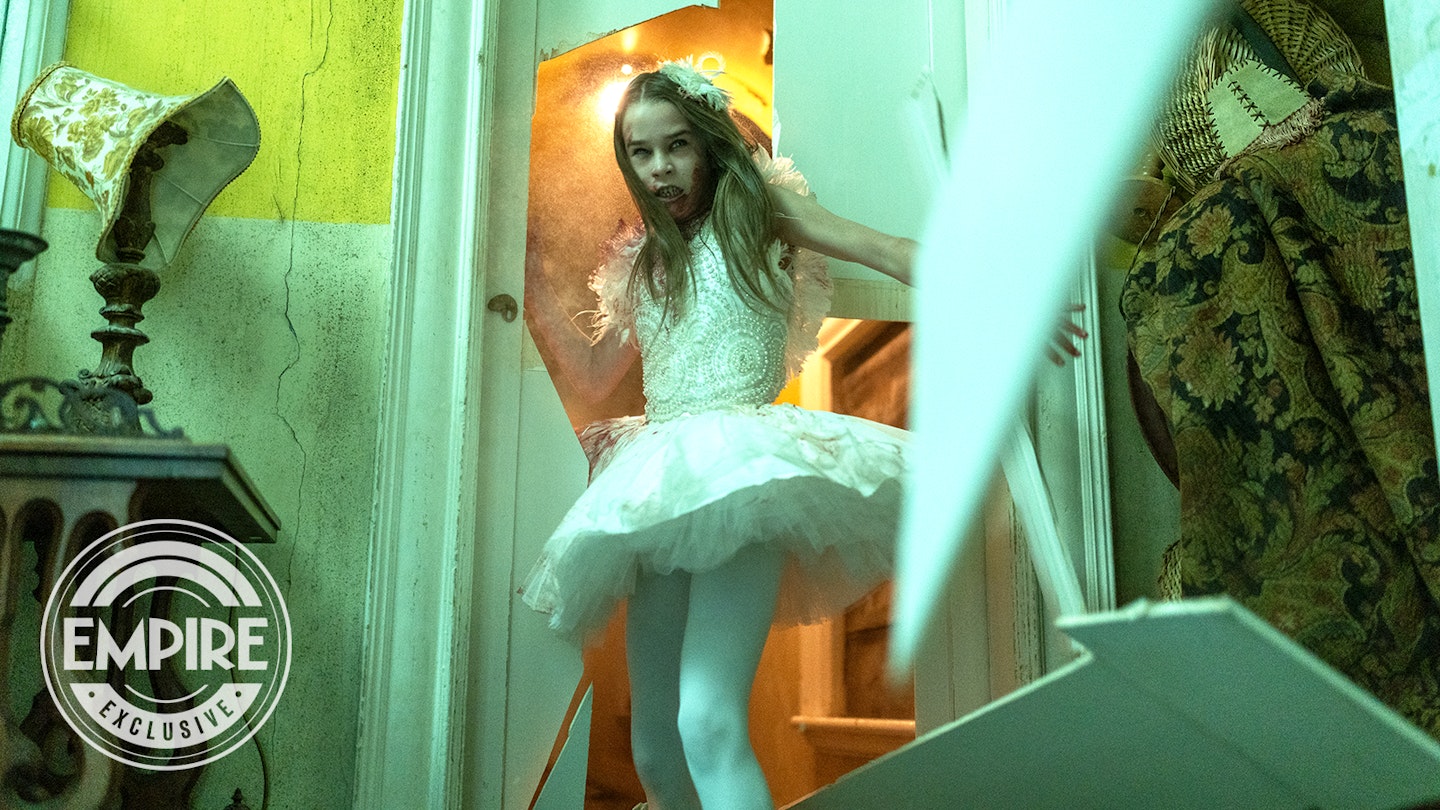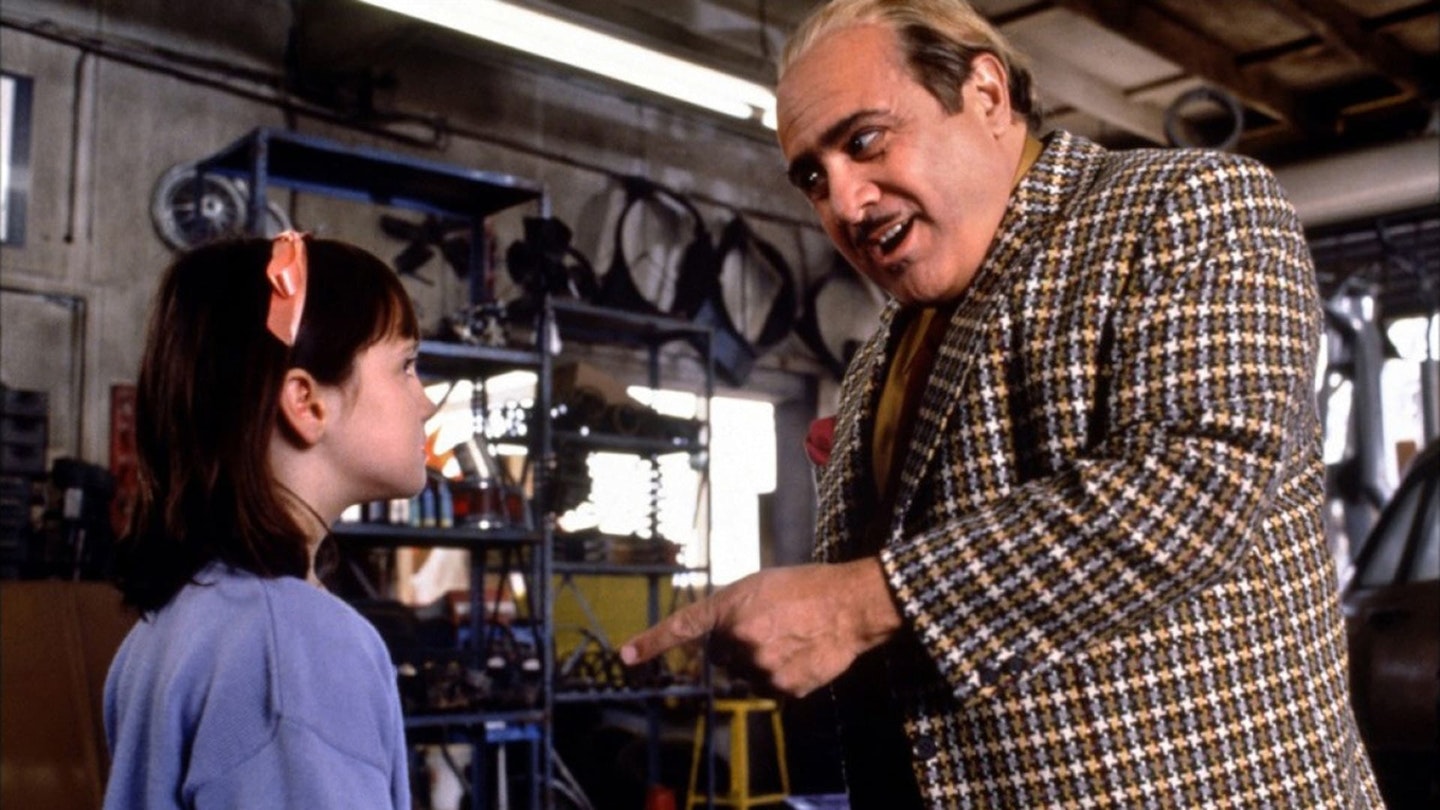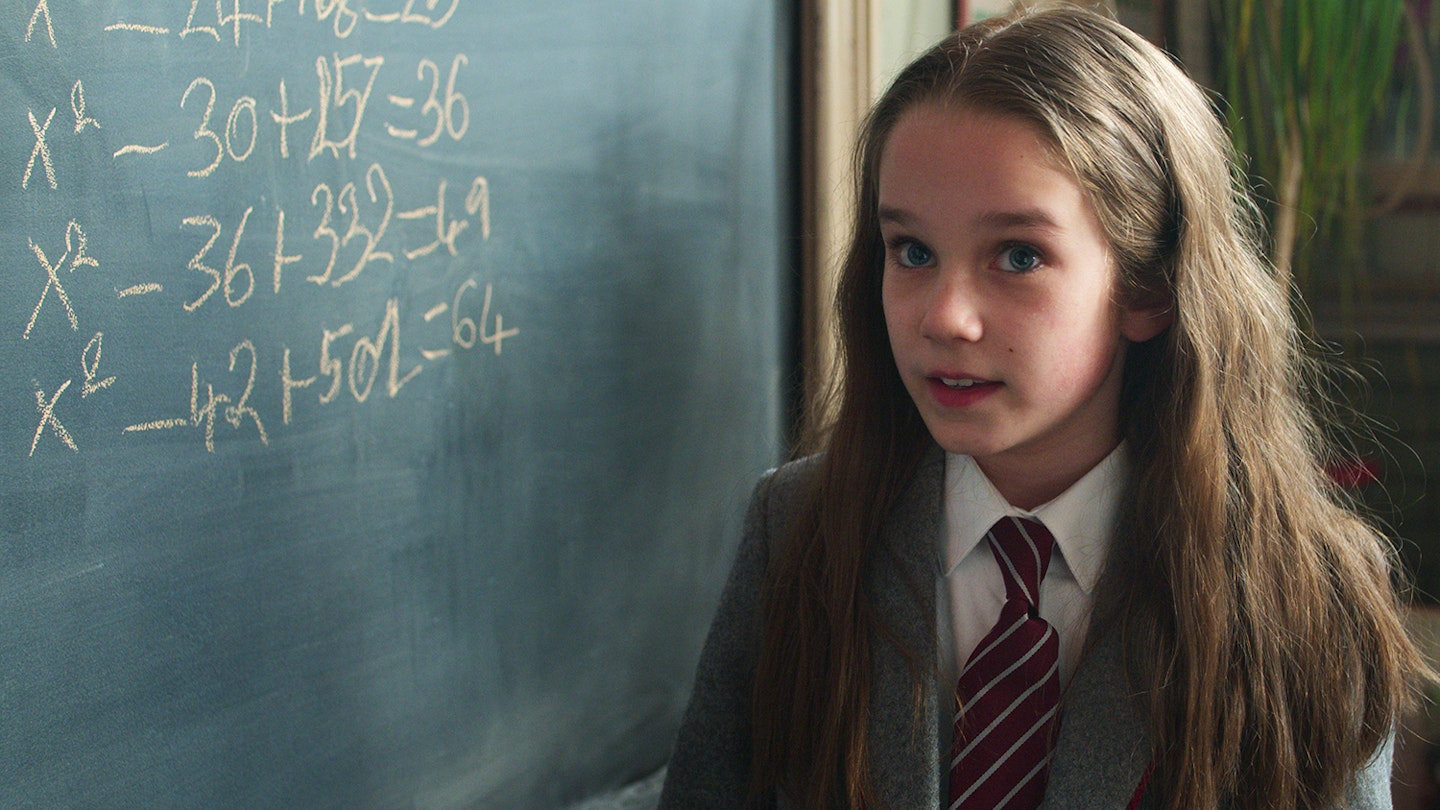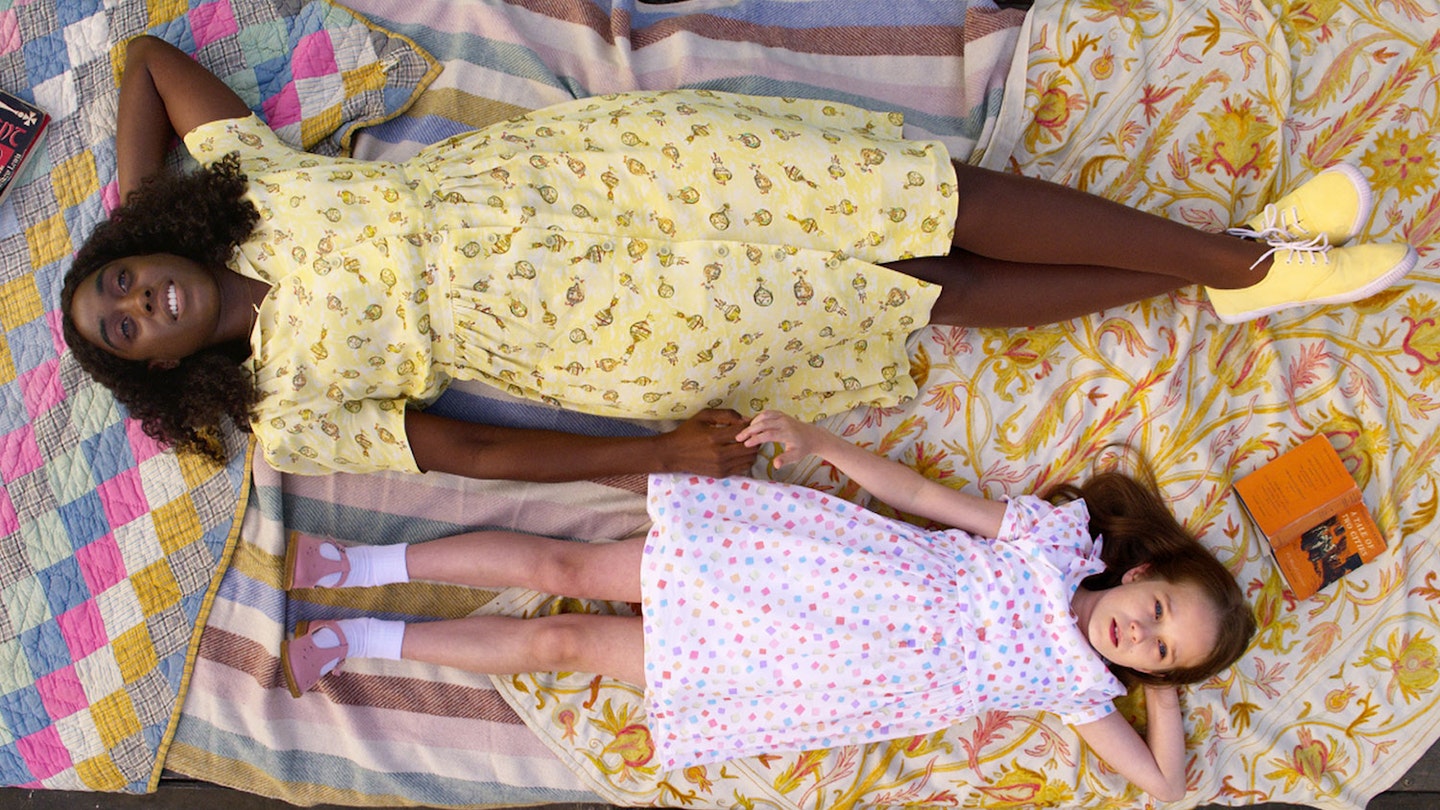Roald Dahl’s 1988 novel Matilda was a late-career highlight, an empowering story about a girl with extraordinary mental gifts caught in the clutches of very ordinary monsters: uncaring parents and a cruel head teacher. In 2010 it became a hilarious and magical musical by Dennis Kelly and Tim Minchin, and now the director of that show, Matthew Warchus, has brought it to the big screen. There are still traces of the stage hanging about this adaptation, but it hits more high notes than bum ones.
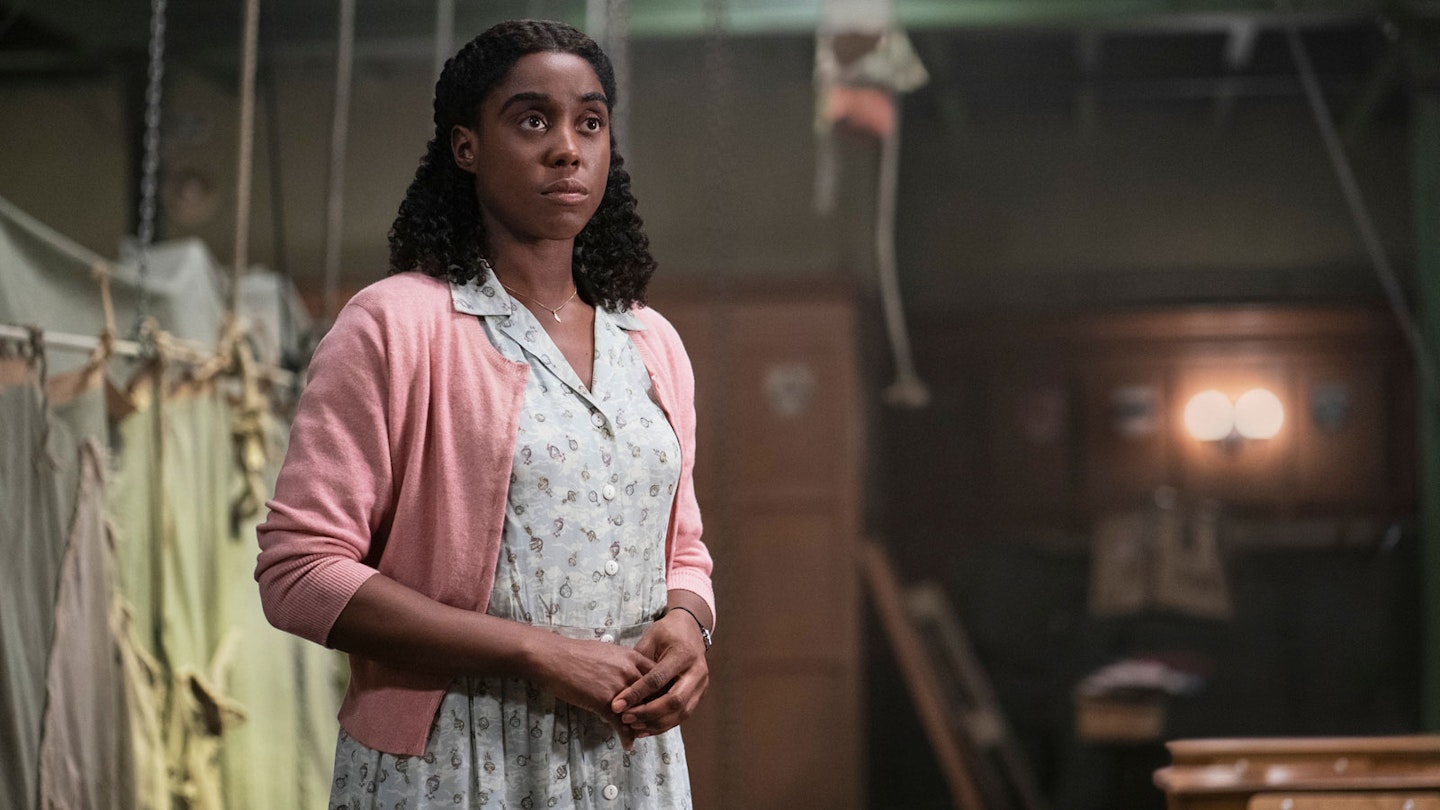
The key is Alisha Weir as Matilda, singing, dancing and convincing as a little girl who discovers strange mind-powers even beyond her extraordinary intellect. Weir plays the steely gaze and reserve of a girl who has been kicked around by life since she was born, and avoids too much stage-school cutesiness. But one of the nice things about both book and show is that Matilda is not quite a one-girl army. She has a loyal best friend in Lavender (Rei Yamauchi Fulker) and a brave — if greedy — classmate in Bruce Bogtrotter (Charlie Hodson-Prior). They lead a whole mob of funny, weird kids to bring down their school’s terrifying principal, Miss Trunchbull.
Lashana Lynch is lovely, and an impressive singer as Miss Honey, playing against her usual action heroine type.
In that role, Emma Thompson goes big. On stage, Trunchbull was played by a man in drag, the better to communicate the vast size of the former Olympic hammer-thrower, but Thompson manages the same trick with an American football team’s worth of padding and some iron-soled platform shoes. She’s widened her jaw, scraped back her hair and disappeared into a genuinely threatening grotesque — the sort of teacher who considers it a life goal to break as many spirits as possible. A baddie who is almost entirely without redeeming features, Trunchbull’s backstory includes murder and mayhem as well as mass child abuse, and it’s utterly delightful to see her comeuppance.
The rest of the adult cast have less to do, but do it well. Lashana Lynch is lovely, and an impressive singer as Miss Honey, playing against her usual action heroine type. Stephen Graham and Andrea Riseborough are also worlds away from their usual highbrow drama and clearly relishing the change of pace. And Sindhu Vee is warm and kind as librarian Mrs Phelps. It takes a village, in the end, to save a child.
Despite extensive use of real locations and exterior scenes, the film cannot always escape its staginess, mostly because the pacing is theatrical rather than cinematic; just under two hours would be brief for a stage show but it’s lengthy for a family film. There are too many establishing scenes of Matilda’s life, and the fable she tells Mrs Phelps, largely created for the stage, drags on a bit before hitting its emotionally effective crescendo. Some of Minchin’s witty lyrics get lost in the sound mix as well, which is a shame. But overall it’s hard to argue with a girl this bright and brave. Matilda remains a superb role model, for all that she’s a little bit naughty.
